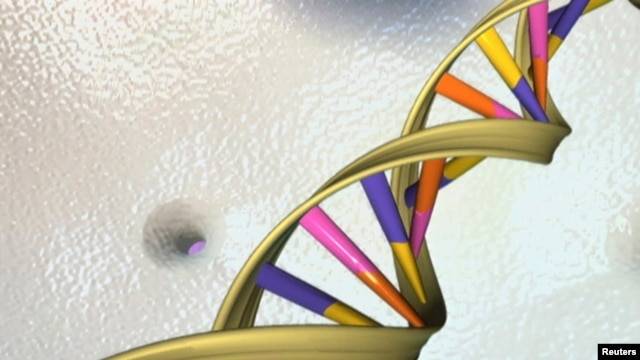auditor0007
Gold Member
Immune therapies finally working against cancer By MARILYNN MARCHIONE, AP
posted: 4 HOURS 3 MINUTES AGOcomments: 1PrintShareText SizeAAAORLANDO, Fla. -First there was surgery, then chemotherapy and radiation. Now, doctors have overcome 30 years of false starts and found success with a fourth way to fight cancer: using the body's natural defender, the immune system.
The approach is called a cancer vaccine, although it treats the disease rather than prevents it.
At a cancer conference Sunday, researchers said one such vaccine kept a common form of lymphoma from worsening for more than a year. That's huge in this field, where progress is glacial and success with a new treatment is often measured in weeks or even days.
Experimental vaccines against three other cancers — prostate, the deadly skin disease melanoma and an often fatal childhood tumor called neuroblastoma — also gave positive results in late-stage testing in recent weeks, after decades of struggles in the lab.
"I don't know what we did differently to make the breakthrough," said Dr. Len Lichtenfeld of the American Cancer Society.
Immune therapies finally working against cancer
To me, this is great news. I have always felt that chemo and radiation were the wrong answer as killing good cells is never a good thing. But using the immune system to do what it is supposed to do seems to make sense. No cure alls yet, but I am glad to see them pursuing this path.
posted: 4 HOURS 3 MINUTES AGOcomments: 1PrintShareText SizeAAAORLANDO, Fla. -First there was surgery, then chemotherapy and radiation. Now, doctors have overcome 30 years of false starts and found success with a fourth way to fight cancer: using the body's natural defender, the immune system.
The approach is called a cancer vaccine, although it treats the disease rather than prevents it.
At a cancer conference Sunday, researchers said one such vaccine kept a common form of lymphoma from worsening for more than a year. That's huge in this field, where progress is glacial and success with a new treatment is often measured in weeks or even days.
Experimental vaccines against three other cancers — prostate, the deadly skin disease melanoma and an often fatal childhood tumor called neuroblastoma — also gave positive results in late-stage testing in recent weeks, after decades of struggles in the lab.
"I don't know what we did differently to make the breakthrough," said Dr. Len Lichtenfeld of the American Cancer Society.
Immune therapies finally working against cancer
To me, this is great news. I have always felt that chemo and radiation were the wrong answer as killing good cells is never a good thing. But using the immune system to do what it is supposed to do seems to make sense. No cure alls yet, but I am glad to see them pursuing this path.



